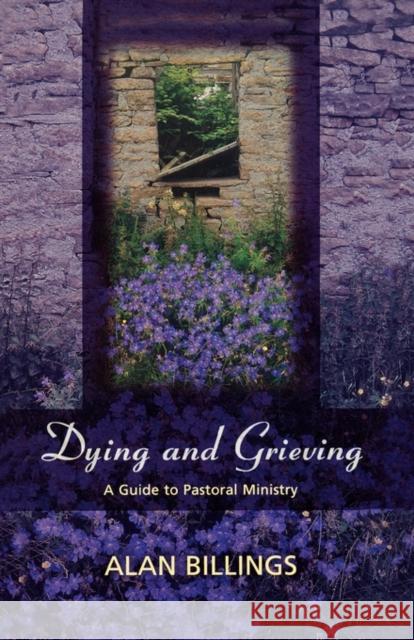Dying and Grieving » książka
Dying and Grieving
ISBN-13: 9780281055265 / Angielski / Miękka / 2002 / 176 str.
Although organized religion is in serious decline, most people still turn to the Church when they arrange a funeral. As a result, they receive help and comfort when someone close to them dies. But what can Christianity say about death that might carry conviction in today's increasingly secularized society? And how should pastoral practice change to meet changing needs? This sobering yet engagingly written book aims first of all to set dying and grieving in context. It gives those involved in or training for pastoral ministries, whether ordained or lay, a sense of how the place of religion, the nature of the funeral service and patterns of dying, mourning and grieving have changed in Britain over the past fifty years. Interspersed throughout are autobiographical stories, which earth the theoretical text and encourage readers to reflec on how they might reasonably respond to some of the difficult contemporary issues likely to arise in their own ministry. The result is a book which, in combining insights from social history, sociology, psychology and theology, makes a fresh contribution to pastoral practice today.
Although organized religion is in serious decline, most people still turn to the Church when they arrange a funeral. As a result, they receive help and comfort when someone close to them dies. But what can Christianity say about death that might carry conviction in todays increasingly secularized society? And how should pastoral practice change to meet changing needs? This sobering yet engagingly written book aims first of all to set dying and grieving in context. It gives those involved in or training for pastoral ministries, whether ordained or lay, a sense of how the place of religion, the nature of the funeral service and patterns of dying, mourning and grieving have changed in Britain over the past fifty years. Interspersed throughout are autobiographical stories, which earth the theoretical text and encourage readers to reflec on how they might reasonably respond to some of the difficult contemporary issues likely to arise in their own ministry. The result is a book which, in combining insights from social history, sociology, psychology and theology, makes a fresh contribution to pastoral practice today.











